Following our top 50 films of 2019, we’re sharing personal top 10 lists from our contributors. Check out the latest below and see our complete year-end coverage here.
Arguably the defining film discourse this year was ignited when Martin Scorsese compared Marvel movies to theme parks. Fans got defensive, which is understandable given the passionate, apparently inexhaustible love for Iron Man & Co. But when you take a look at the box office receipts of 2019, you realize it’s the moviegoers of this world who seem to have decided (with their wallets) that everything else they find at the cinemas are not movies.
This is not to suggest that no non-Marvel (standing in for all established, likely Disney franchises) films did well financially. But that is becoming more and more the exception and the general consumer preference has gotten so lopsided it’s hard not to read it as a categorical rejection of anything original, unfamiliar, not based on pre-existing IP. Have we been so thoroughly conditioned as to only appreciate one form of moviegoing experience and, more fundamentally, have we become so incurious about our fellow humans: living, breathing, brand-free people with no superpowers?
That would be a shame because there are so many brilliant, compassionate filmmakers out there telling human stories that entertain and enlighten us, helping us better understand, contextualize these restless times we live in. I for one was hugely impressed by a strong wave of films hailing from Latin America this year. How can you not be when you find yourself immersed in the brutal, surrealistic Monos, where director Alejandro Landes, aided by Mica Levi’s spellbinding score, turns mythical Colombian mountaintops into an allegorical birthplace of violence? Or how about Karim Aïnouz’s Rio-set Invisible Life, a heart-wrenching tale of forgiveness and sisterhood shot with impossible lushness by one of the greatest DP’s working today, Hélène Louvart?
Guatemalan director Jayro Bustamante turned in not one, but two quiet heartbreakers this year. In Tremors he captures the oppressive grip of an intolerant, judgmental society and the inhumanity of conversion camps with a formal elegance that’s at once steely in focus. The same classicism is applied with a twist of horror in The Weeping Woman, where the genocidal past of the country is fearlessly recalled and examined through fresh, unblinking eyes. Meanwhile, the ongoing humanitarian crisis in war-torn Colombia is the subject of Nicolás Rincón Gille’s beautifully stripped drama Valley of Souls, which ends in a futile gesture by a desperate father that might be the saddest thing you never saw this year. Then there’s White on White, Chilean-born director Théo Court’s snow-chilled rumination on colonialism and the essence of photography, aka one of 2019’s most gorgeous cinematic offerings that many have likely missed.
Speaking of evils of colonial past, eternal enfant terrible Bertrand Bonello made the gloriously bonkers Zombi Child which links slavery of the living dead in Haiti to privilege of the ruling class in France. Scenes from the tropical island exude such intense mysticism they feel positively possessed with voodoo magic. Supernatural elements are also employed in débutant extraordinaire Mati Diop’s Atlantics, a strikingly delicate ghost love story that shines an urgent light on the life-and-death challenges faced by African refugees. Equally fantastical is the poignant animation I Lost My Body from fellow first-timer Jérémy Clapin, which conveys the pains of self-discovery through the perilous journey of a severed hand.
Then there’s Robert Eggers’ The Lighthouse, in which fabled sealore and very human mania thrash alive through Jarin Blaschke’s fabulously savage lens, and another black-and-white maritime drama Bait by writer/director/editor/cinematographer Mark Jenkin, who’s created an eerie, entirely distinct look for his film that shall remain one of the photographic achievements of the year. In this context it would be remiss to not also mention Portuguese filmmaker Pedro Costa’s Locarno-winning Vitalina Varela, a portrait of loss and the African identity so ravishingly lit and composed by DP Leonardo Simões it’s like watching two hours of poetry in motion.
Now, on to the favorites.
Honorable mentions: Particles, Queen of Hearts, Booksmart, Waiting for the Barbarians, Martin Eden
10. Hellhole (Bas Devos)
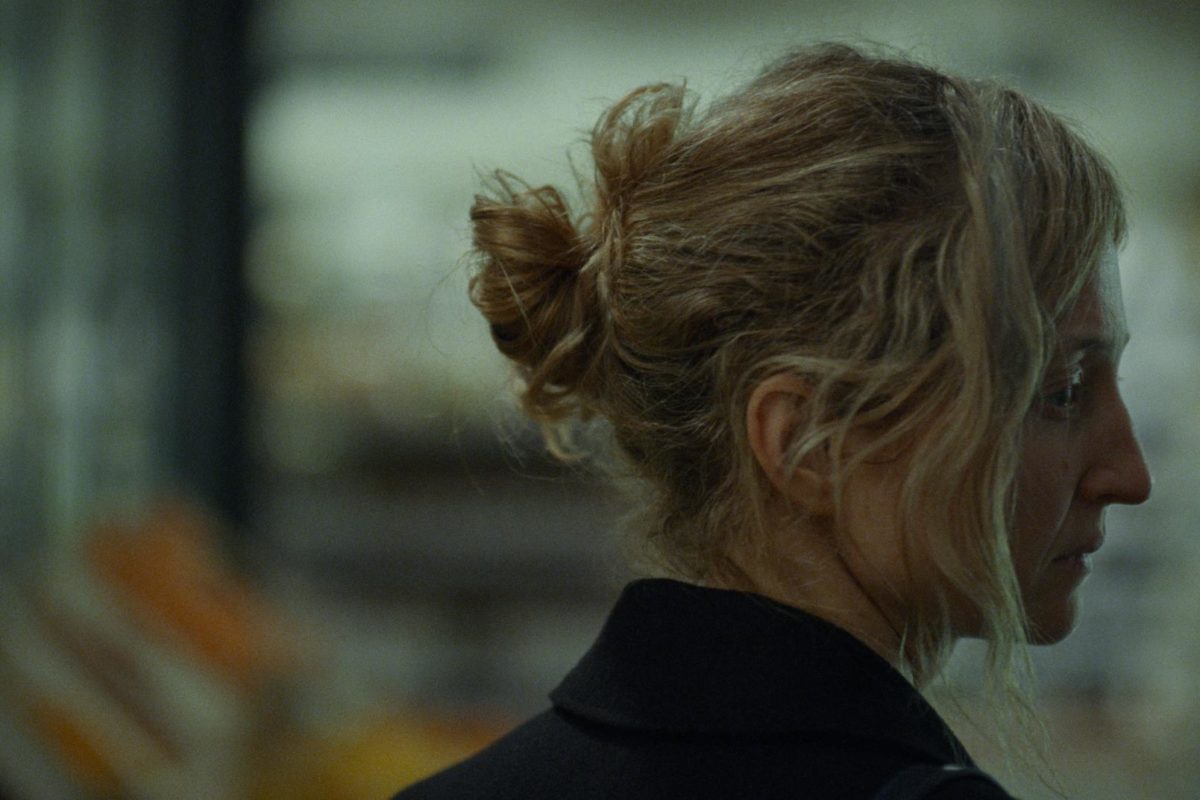
With pristine, absolute composure, Devos observes Brussels–the shell-shocked heart of the EU following a series of terror attacks in 2016–as its diverse citizens grapple with questions of trust, intimacy, right and wrong. Surgically precise and so still you can often hear a pin drop, this austere urban portrait conveys the dazed, bereaved sense of isolation in spades. Together with his similarly expressive follow-up Ghost Tropic, the Belgian auteur has delivered two insightful films about contemporary city life that rank among the year’s most noteworthy. The promise astounds.
9. End of the Century (Lucio Castro)
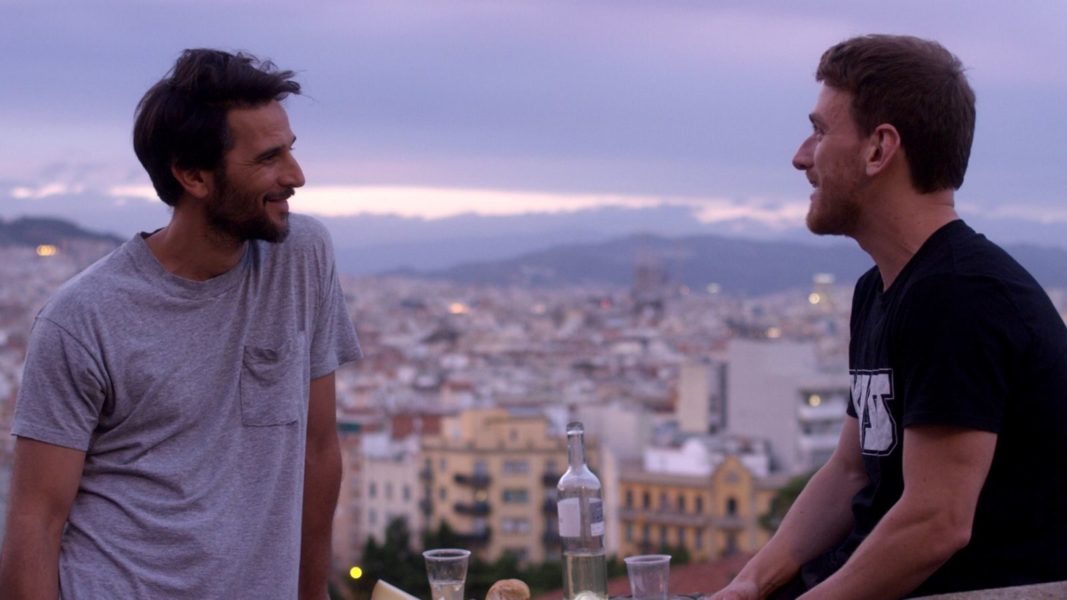
A hypnotic, dreamily unassuming deconstruction of modern-day romance that captures all its wistful transience: a fleeting connection, a prickle of déjà vu, an accidentally shared past, a future that is not to be. By avoiding emotional grand gestures and sticking to an honest portrayal of attraction that never gets to grow into something more, Castro manages to access precious in-between feelings we probably don’t even have the right names for. Unsentimental and unapologetically sexual, this film is hot-blooded realness top to bottom, a knockout of a feature debut.
8. Ema (Pablo Larraín)
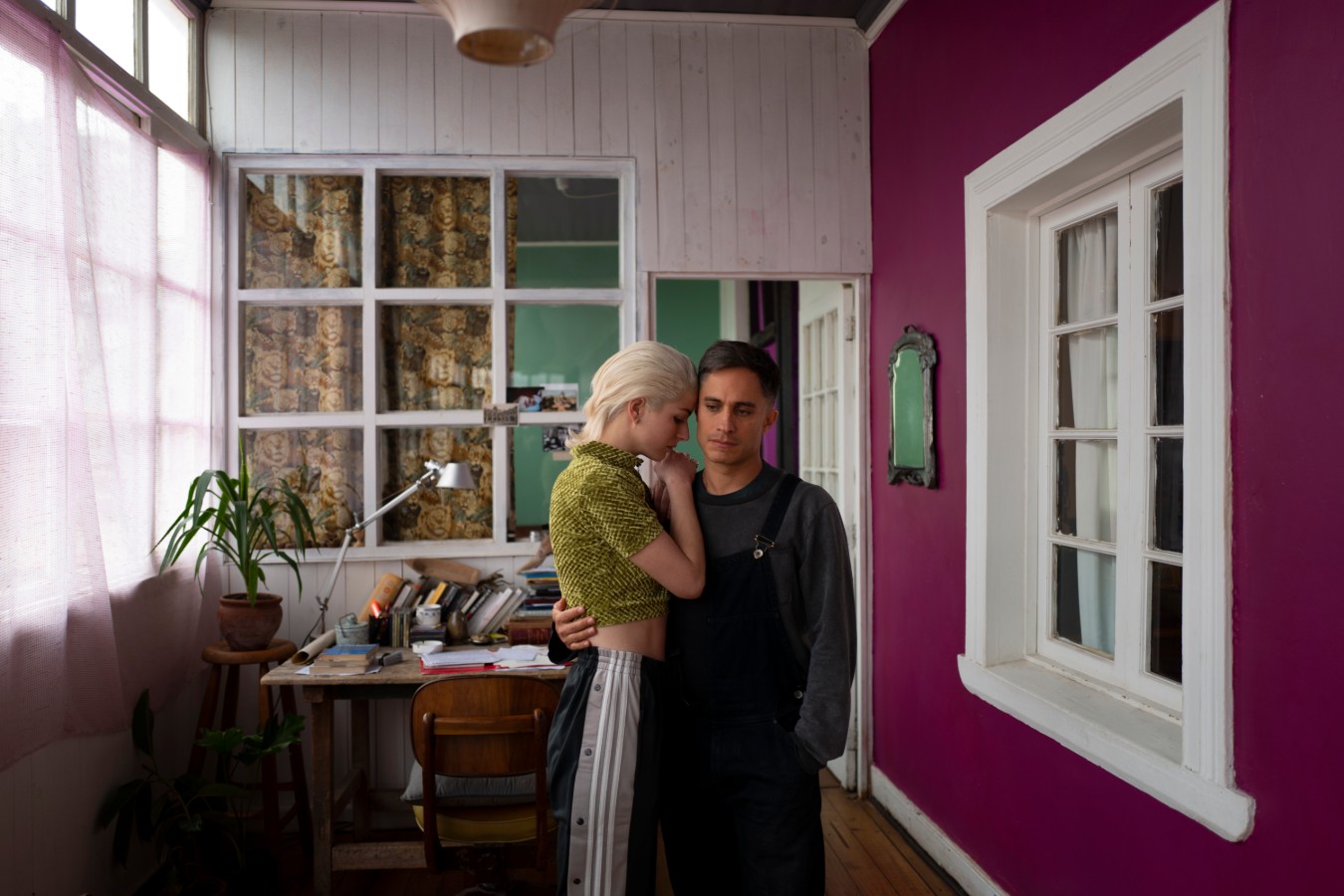
By now it should be an empirical fact that Pablo Larraín is physically incapable of making something that is not at least wildly interesting. His latest opus, by far the most narratively adventurous of his career, is an orgy of drama, passion and dance, powered by Nicolas Jaar’s spectacular soundtrack. It largely defies notions of plot and structure, but grooves to its entrancing beat with such conviction you find yourself consumed on a cellular level. In the titular role, newcomer Mariana Di Girolamo sets the screen alight with a blazing portrayal of female sensuality and rage that is a raw, explosive, star-making force to behold.
7. Hustlers (Lorene Scafaria)

Adapted and directed with astute, electrifying vigor by Scafaria, this “stripper drama” wears its crude label loud and proud. In weaponizing the bodies of its fabulous, intimidatingly game cast led by Jennifer Lopez and Constance Wu, it celebrates a group of women who play by the boys’ rules while returning the shaming finger at the confused moral compass of the viewer, of America. Sharp, engaging, propulsively watchable, it’s not just a muscularly put-together piece of entertainment, but a mighty indictment of the patriarchy, unchecked capitalism and Trumpian materialistic worldviews.
6. So Long, My Son (Wang Xiaoshuai)
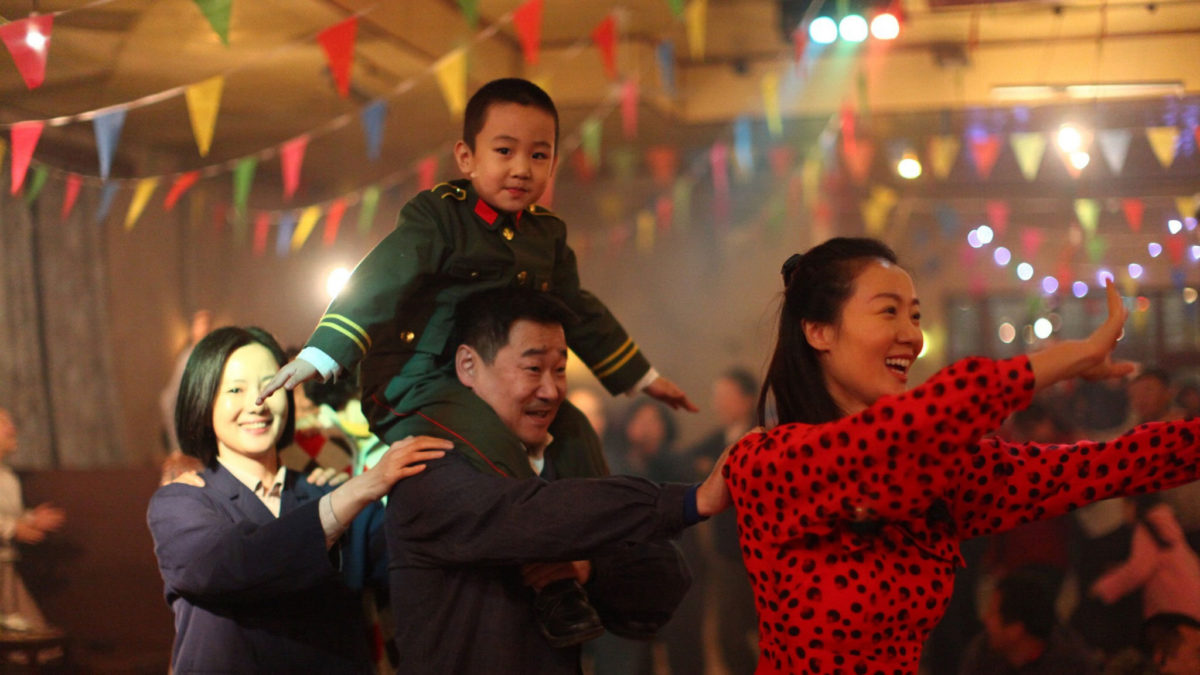
Political issues are ultimately human issues, as amply exemplified by this 3-hour family epic. Without directly commenting on China’s longstanding one-child policy, Wang lets the decades-spanning tale illustrate how every move by the powers that be can trickle down to affect the lives of millions. Written with immense empathy that closes gaps between cultures and generations, the film hits you in the gut for its deeply-felt depiction of parenthood, friendship and the workings of guilt. Lead actor Wang Jingchun gave a performance that’s every bit as nuanced and crushingly authentic as the best of the year.
5. Divine Love (Gabriel Mascaro)
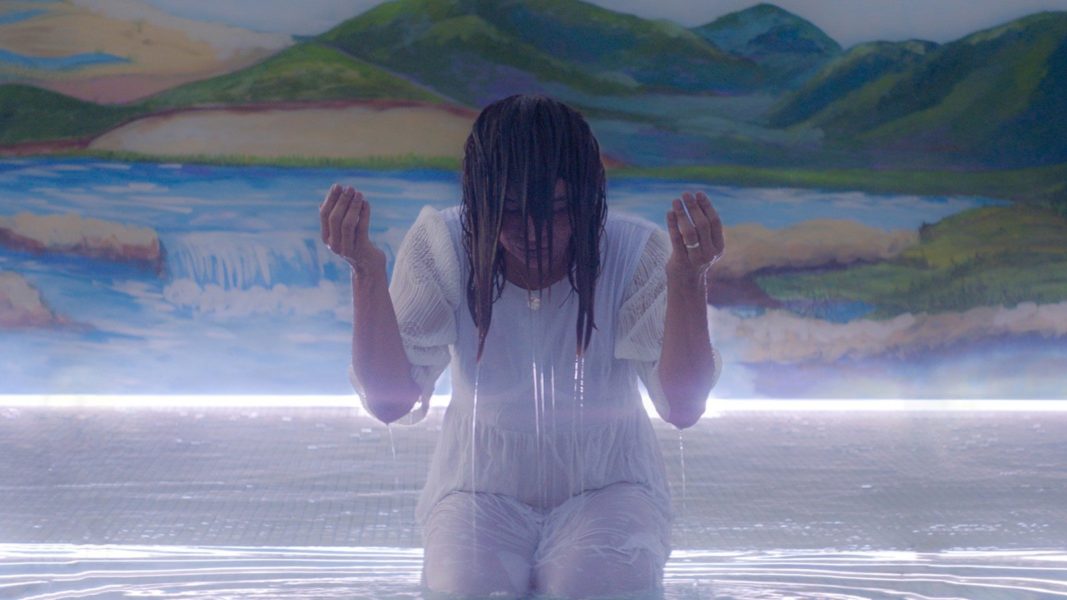
Imagining Brazil’s near future in which religious fanaticism starts to become the norm, this conceptually rich, visually arresting film dazzles with originality. Everything from fetus protection programs, drive-in chapels to swinger clubs doubling as couples therapy serves a careful world-building beyond the initial shock value. And instead of mocking an existence dictated by faith, Mascaro dares to explore the madness with a casual earnestness that further provokes. Mapping out an alternate reality in cheeky if ominously plausible ways, this most outrageous marital drama is a parable and a prophecy, a fever dream and above all a chilling cautionary tale.
4. Beanpole (Kantemir Balagov)
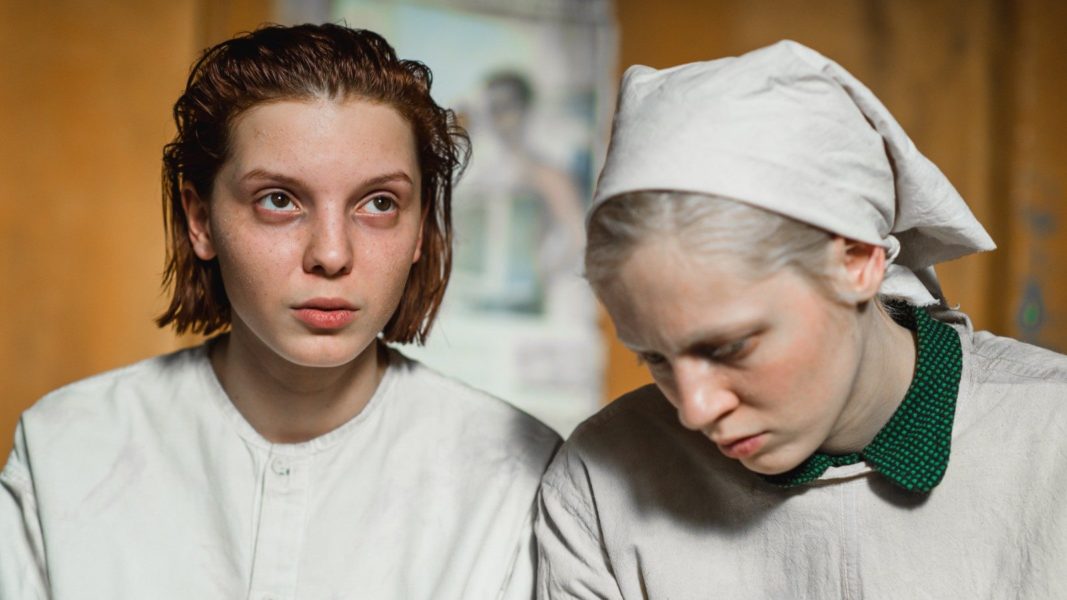
To declare a Russian film the most depressing of the year may not be saying much, but Balagov’s sophomore feature is the type of work that merits superlatives. Written with a profound understanding of human nature–down to the last trace of martyr complex in the wake of war–and directed with an unerring eye for tone, pace, and style, this tragic story about two women seeking redemption they’ll never find unfolds like one exquisite sigh. It’s breathtaking to behold as a technical and narrative achievement, but what proves even more remarkable is the depth of sorrow and shame it manages to communicate. Truly devastating.
3. Parasite (Bong Joon-ho)
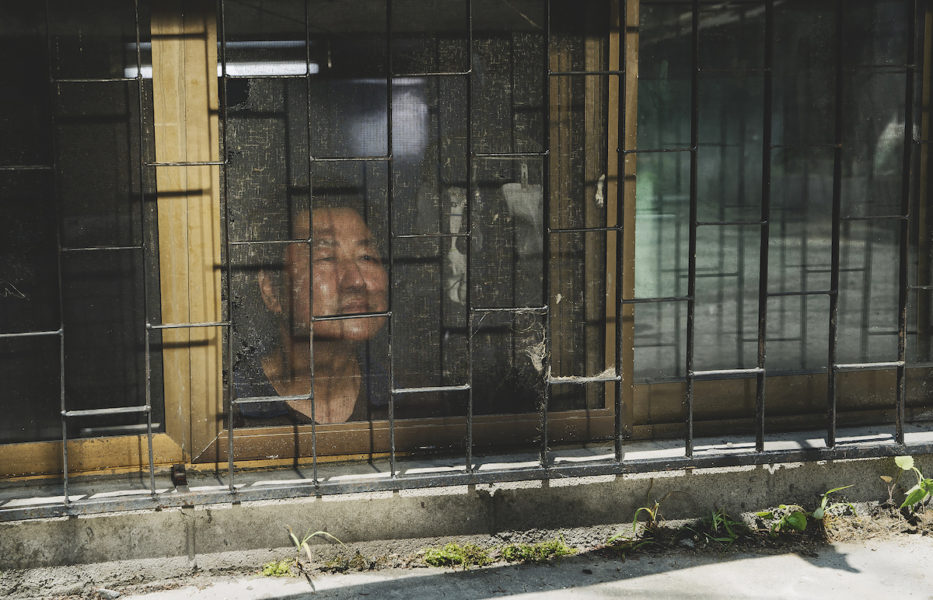
We’ve long known that Bong uses slick, show-stopping setpieces to address intricate real-world concerns like nobody’s business. Still, we might not have been prepared for his Palme d’Or winner. From the top-notch production to the genius screenwriting, the finely-calibrated direction to the seamless ensemble cast, one would be hard pressed to find any fault with this smart, socially conscious, stupendously entertaining comedy-turned-thriller. It is a timely and most damning document of wealth inequality in 2019. It is the perfect crowd-pleaser that we, the uncaring, self-obsessed crowd, don’t really deserve.
2. Ad Astra (James Gray)
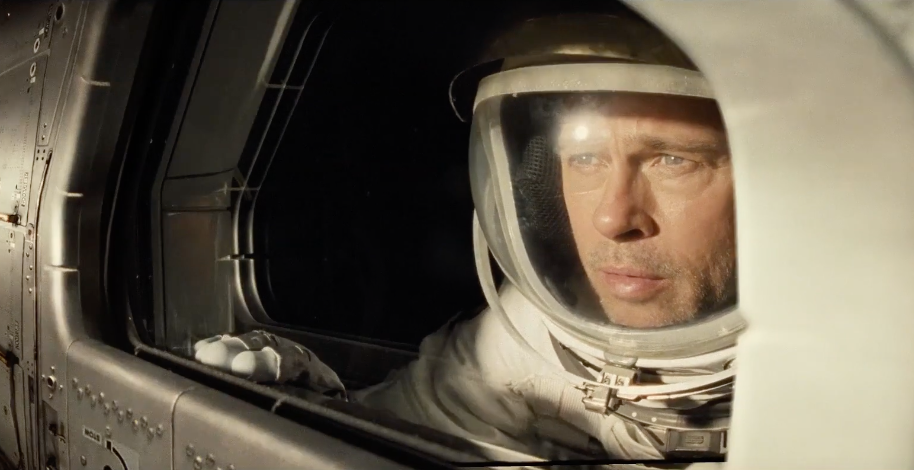
A rare, beautiful marriage of auteurist vision and studio resources that restores the wonder of sci-fi while exploring the depths of the human mind. Aided by an across-the-board excellent technical team including DP Hoyte Van Hoytema and composer Max Richter, Gray weaves themes of Shakespearean gravity into an immaculately crafted space adventure that thrills as much as it challenges and moves. Brad Pitt delivers a subtle, soulful performance, syncing this biblically ambitious film with the pulse of a gradually awakened heart. Looking fearlessly outwards and even more boldly inwards, Ad Astra offers a contemplation of our existence that transfixes and humbles.
1. Pain and Glory (Pedro Almodóvar)
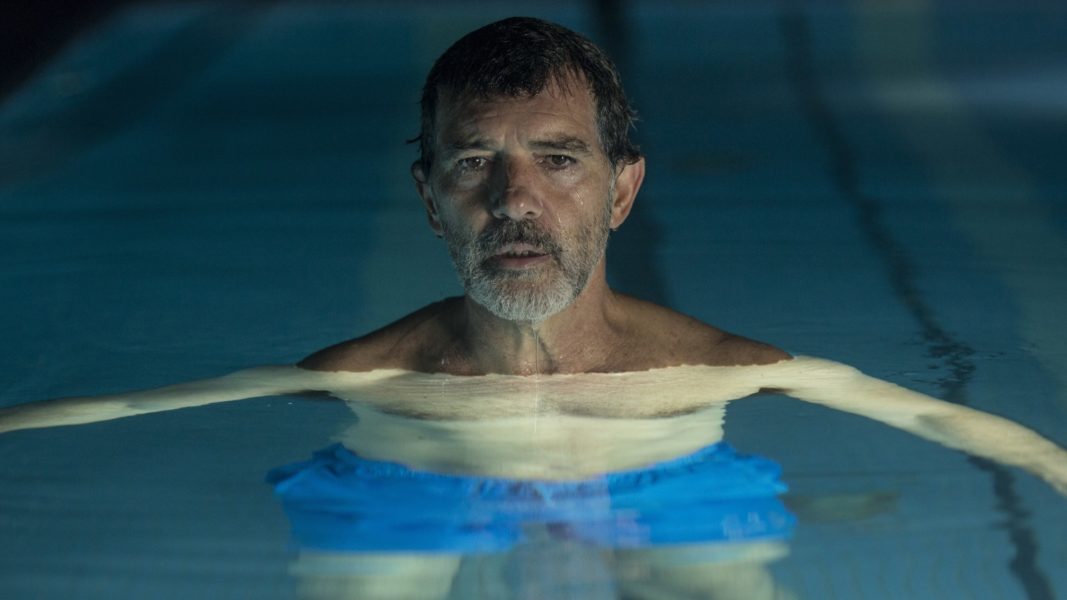
In Almodóvar’s confessionally intimate drama, everything is reduced to its purest form. There are no stunts, no tricks, no hurry. One instead finds themselves captivated and emotionally shattered by the wise, gentle voice of a master storyteller who’s just sharing life as he’s seen it and who has nothing left to prove. As his stand-in, Antonio Banderas commands the screen with an equally unflamboyant, minutely lived-in performance that lingers with palpable warmth. Watching both of them at work is to experience cinema at its most truthful and transcendent, something so vividly, sincerely realized it feels not so much orchestrated as simply remembered.
